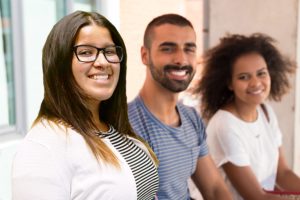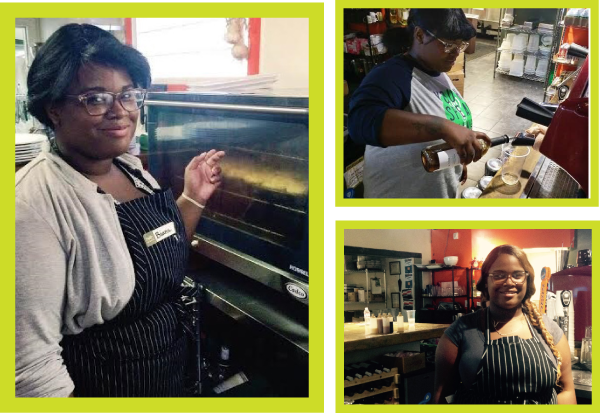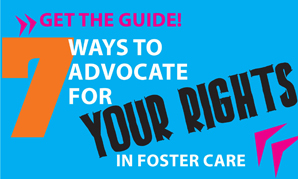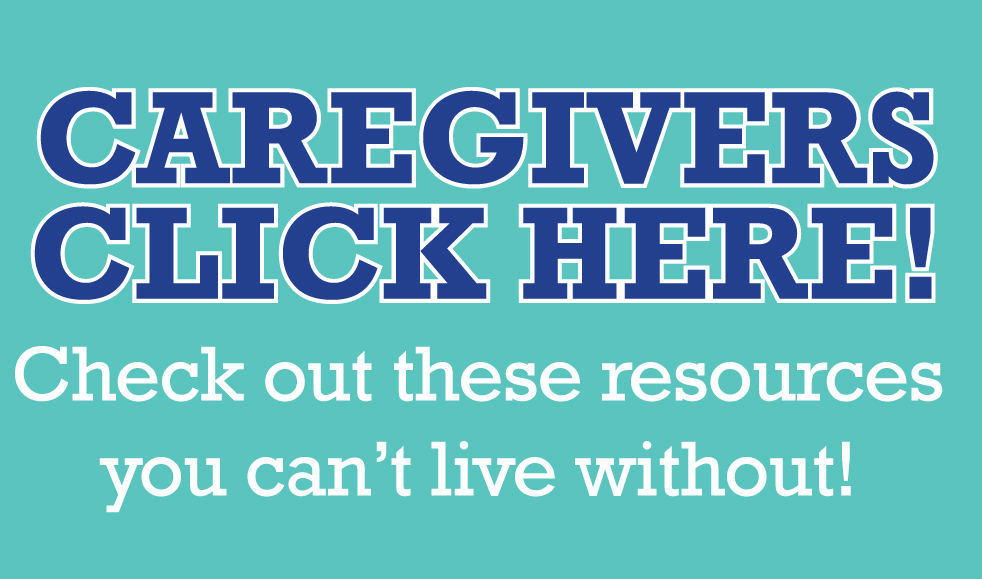Children in the foster care system often feel isolated and have a loss of identity. They may feel scared, angry, guilty, or confused. We often turn to our siblings, who have a shared experience, to work through these feelings. It’s critical the system and the community do everything possible to ensure siblings are placed together if removed from their home.
After entering th e foster care system, my eight siblings and I leaned on each a lot for support. The judge handling our case pushed for permanency for all of us, with the goal of getting us out of group homes and into a foster family. At first, the foster family was only interested in my older sisters but soon changed their mind when they were told about all of us. They took in the oldest girls but had to wait until my younger siblings were old enough to be in accordance with the families licensing agreement. While I eventually ended up being separated from some of my siblings while in care, I was grateful that at least at one point we were all together.
e foster care system, my eight siblings and I leaned on each a lot for support. The judge handling our case pushed for permanency for all of us, with the goal of getting us out of group homes and into a foster family. At first, the foster family was only interested in my older sisters but soon changed their mind when they were told about all of us. They took in the oldest girls but had to wait until my younger siblings were old enough to be in accordance with the families licensing agreement. While I eventually ended up being separated from some of my siblings while in care, I was grateful that at least at one point we were all together.
While in foster care, I also had a younger brother who was eventually adopted. While this was very hard for me at first, but I eventually, I found comfort knowing he would be happier and healthier with loving parents.
It is important for foster families to take in sibling groups as a priority. If that is not possible visitation amongst siblings should be guaranteed and supported by all placement types. When siblings must be separated, placement proximity should be considered. There should be as little distance as possible between homes to ensure ease of visitation. Foster parents should always work with other placements to develop a visitation schedule for siblings. This may involve speaking with caseworkers and advocating for the youth.
It is also important to be empathetic to the young people in your care. While you may not truly understand the situation, the youth is going through, understanding they are processing a lot of emotions and need to feel welcome and part of the family. The loss of parents and siblings can make youth feel very isolated, especially if the foster family has biological children. I recommend taking simple actions like acknowledging when the children in your care have done something positive and showing appreciation for help around the house. Simple acts of kindness like taking us to a movie or having a board game night can go a long way! We just want to feel like a part of the family as much as possible.
-Ashley, FAAZ YALB member







